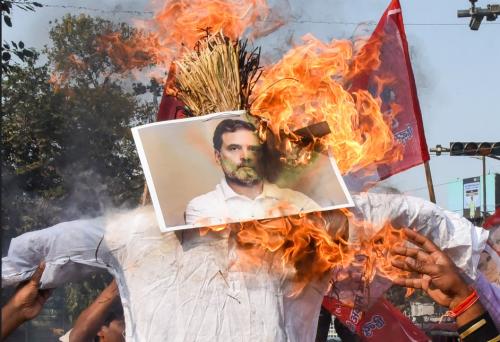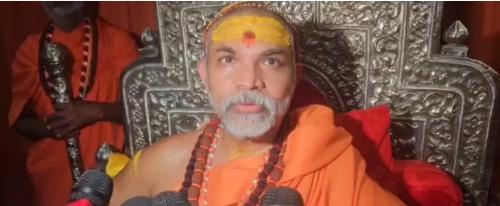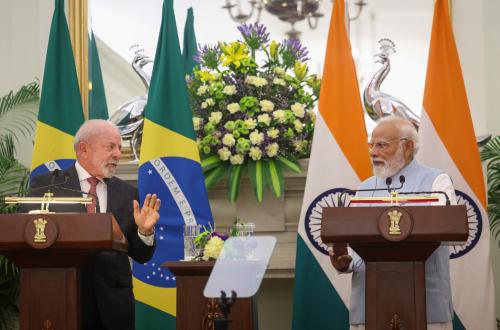Gambling or playing cards is extremely popular in Diwali. This celebration is all in fun, in a spirit of light-hearted revelry, and merrymaking. This ritual of playing cards with nominal money is giving way to a whole new card game in the modern age. As Diwali having its emphasis on money, gambling is considered lucky. Reflecting tradition wrapped in modernity, giving social sanction to a vice, a popular saying states that one who does not gamble on this day will reborn as a donkey in his next birth.
It is said that on playing cards, the Goddess of Wealth smile upon the player and ensures him goodwill. Gambling on Diwali night is traditionally believed to invoke Lakshmi, the Goddess of Wealth, who may then shower blessings on the player’s household for the rest of the year. It is believed that on this day, Goddess Parvati played dice with her husband Lord Shiva. In fact; this particular scene is superbly sculpted at Kailash temple, Ellora. Goddess Laksmi decreed that whosoever gambled on Diwali night would prosper throughout the ensuing year. Others rationalize that this is just to make oneself aware of the fickleness of lady luck and to inculcate a sense of balance in the pursuit of material success. This tradition of playing cards, rummy, flush with stakes on Diwali night, continues even today. In most homes, people invite their friends and relatives over to play cards. Friends get together to indulge in games of cards. Casinos and local gambling houses do brisk business during the Diwali week. The memories of Diwali night can be joyful to the winners and the losers can’t wait for the next Diwali to come around.
“Timepass” and sport motivate the middle-class card parties. Many friends meet only at this time of the year. The stakes are low — not exceeding Rs. 500 to Rs. 1,000 — and the mood is light. However, big-time gamblers carry up to a lakh in suitcases. Chips are allowed or more cash brought in if the money runs out. If the loser doesn’t pay up, that could be the end of his social life. The question is “is it necessary to carry on the tradition or put a stop to it”? This decision remains on the believers.












